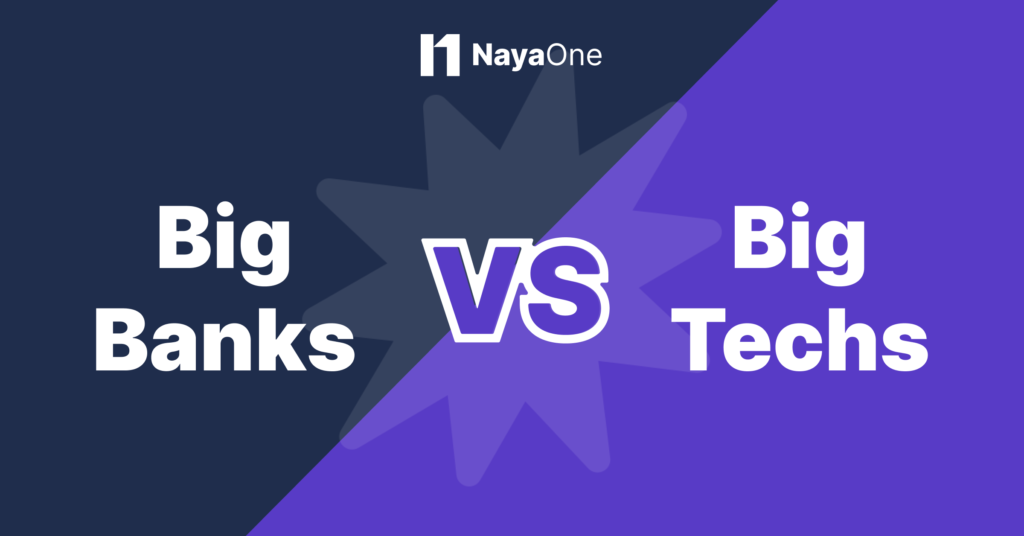
Ambar Vitelli-Khosla
Strategic Partnerships
Big tech companies including Google, Apple, and Meta have an overwhelming global reach, resources, and an abundance of consumer data which gives them a competitive advantage. Traditional banks have also established product market fit over the years and are deploying tech tools to keep up with the global digital transformation. The trust built and scale of large banks has been helping them dominate the financial landscape for years. However, with big techs coming to offer banking and financial services, the competitive dynamics in the big tech and banking industry are set to be altered.
In recent times, governments, regulators, traditional banks, and other industries have become more eager to transform digitally, creating a favourable atmosphere for the expansion of big tech companies. The pandemic and increased smartphone usage have also accelerated the move toward a cashless society and digital economy. These lifestyle changes have led us to adopt big tech-powered faster money transfers, payments, and other financial services. Big techs are also fundamentally agile, capable of responding swiftly to changing customer demands and market scenarios. Capturing real-time data and using it to produce tailored products and services is their business.
However, to be agile and innovate at scale, big banks will require major upgrades in computational infrastructure, human resources, and a renewed focus and strategy.
To adopt banking functionality, Meta has enabled businesses to set up their digital storefront on Instagram and Meta, and Amazon earlier announced a partnership with Goldman’s Marcus to offer a $1 million line of credit to small businesses in the US. But the important question is: “How will big tech make it to core banking?”
Open and blanket relaxation to participation will weaken banking models and potentially induce stability and protection risks whilst high barriers to entry will slow down innovation, protracting unviable banking models. It might also introduce newer risks in the global economy. Thus, expanding into banking is going to be equally exhaustive and expensive for technology companies. The solution for both is to respect competitive boundaries, rethink institutional structures, operations, and governance, and learn to respond faster to uncertainties.
Big Tech and Banking Partnerships for a Better Future
Both big banks and big tech are well-established in their core competencies and offerings. However, both are likely to face challenges if expanding into each other’s domain of expertise. According to a report by McKinsey, in order to preserve their market share, it is important for banks to digitally transform the end-to-end customer journey. This is an opportunity for banks and tech to partner and deliver innovative products and services to customers together.
Building independent tech infrastructure from square one, ushering in huge digital and systemic transitions and forcing their adoption, is an expensive and time-consuming way to innovate. This process could take years to materialise, with added time and capital expenditure on trials, training, and running best-fit tests. It could also take a toll on the bank’s core business.
However, bridging the gap between big banks and big tech, fintech companies are well positioned to deliver financial solutions that can fairly match the requirements of big banks. Banks are deploying FaaS and SaaS services to offer increasing functionality to their customers, who are keen to have a simple personalised, comprehensive solution to their financial needs. Europe has long been a hotspot for API-based innovation in financial services due to its multi-currency banking, cross-border trade regulations, and open banking policy.
This is efficient as fintechs have already built expertise in the services and are rapidly experimenting and innovating with them. They can also serve financial inclusion, help combat financial crime, and improve the cyber security and operational resilience of banking financial systems.
This is not a battle where big tech and banking behemoths want to win over each other, but rather a competition where both want to win over the customer. If you are ready to compete and are looking for partners, let us know!





